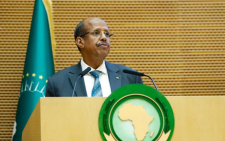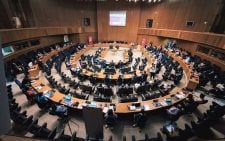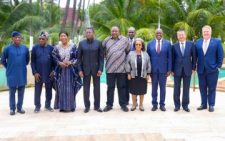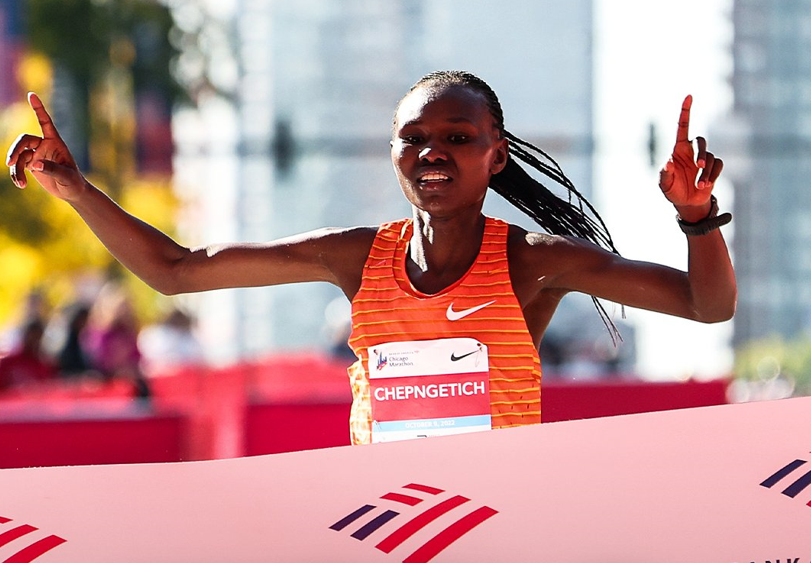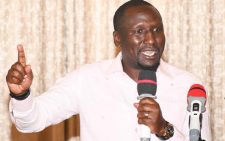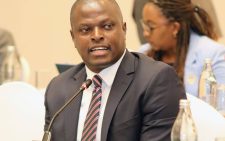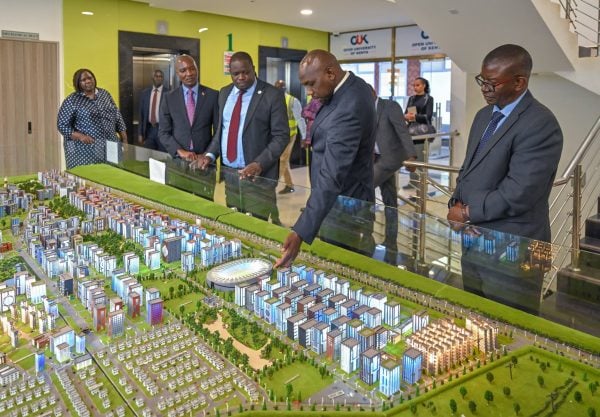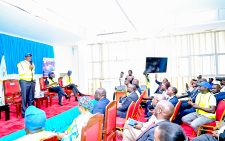Colonial legacies, foreign funding shape AU polls
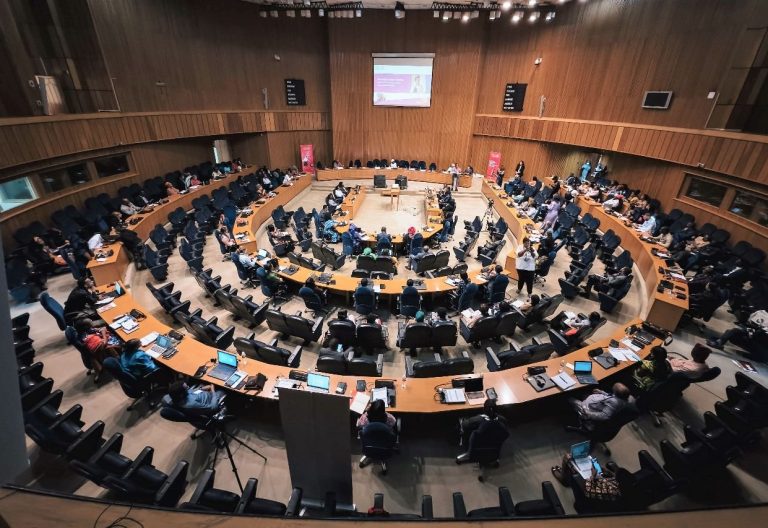
The African Union Commission (AUC) chairmanship elections held in Ethiopia recently have undoubtedly raised considerable public interest in Kenya for understandable reasons.
In 2017, similar elections saw Kenya nominate then Foreign Affairs minister, Amina Mohamed for the same position, losing to Chad, paving the way for that country’s former prime minister Moussa Faki to take charge of the AUC.
In this year’s elections, Kenya proposed former prime minister and foremost Pan-Africanist Raila Odinga.
After six rounds of voting that yielded no outright winner with the requisite two-thirds of the vote, Odinga was eliminated on the basis of election rules, allowing Djibouti’s Mahamoud Ali Youssouf to garner 33 votes to clinch the coveted seat.
To appreciate the subtleties of the AUC elections, it’s imperative that I delve into the history and structure of the AU.
Prior to the adoption of the Constitutive Act of the African Union, the head of the organisation’s secretariat used to be called secretary general This changed when the Act, adopted on July 11, 2000 in Lomé, Togo, came into force on May 26, 2001, effectively replacing the Charter of the Organization of African Unity under which the affairs of the defunct OAU had been managed.
The one-year transition period enabled the OAU and the annual African Economic Conference – jointly organised by the African Development Bank, the Economic Commission for Africa, and the United Nations Development Programme – to transfer any assets, liabilities and other matters related thereto to the AU.
The AU has several organs to make decisions and carry out its work. These include the Assembly, the Executive Council, the AUC, and the Pan-African Parliament.
Others are the Permanent Representatives Committee, the Specialized Technical Committees, the Political, Peace and Security Council, the Economic, Social and Cultural Council, the Court of Justice, and the Financial Institutions.
The Assembly is the supreme policy and decision-making organ of the AU, determines the organisation’s policies and budget, and is made up of all heads of state and government of member states.
The Assembly elects the AUC chairperson and deputy chairperson.
The AU chairperson is the ceremonial head of the organisation, elected by the Assembly of Heads of State and Government for a one-year term.
It rotates among the continent’s five regions. At the just concluded 2025 summit, it was the turn of Southern Africa, and Botswana and Angola had interest. Angola won.
The AUC carries out executive functions, and is made up of a chairperson, deputy chairperson and six commissioners.
The Pan-African Parliament promotes the participation of African citizens and their civil society formations, alongside the Economic, Social and Cultural Council that brings together civil society organisations accredited to the AU.
The AU also has judicial and human rights institutions, including the African Commission on Human and Peoples’ Rights, based in Gambia.
It has been suggested that Kenya lost this year’s election to Djibouti because the country’s candidate is a career politician, while Djibouti’s Youssouf is a career diplomat, having served as the country’s foreign affairs minister since 2005.
Those advancing this notion have conveniently forgotten that Kenya’s Amina Mohamed, a career diplomat, lost to Moussa Faki, a career politician.
Despite the AU’s mission “to create an integrated, prosperous and peaceful Africa, driven by its own citizens and representing a dynamic force in the global arena”, its inability to fund its operations and implement its programmes has greatly undermined the attainment of this noble objective.
More than 60 years after most of its member states attained independence, the AU’s election outcomes are still predetermined by colonial legacies and dependence on foreign funding. Bilateral ties between member states and former colonial masters reign supreme.
— The writer is the Executive Director of the Kenya National Civil Society Centre and Chairperson of the Horn of Africa Civil Society Forum
